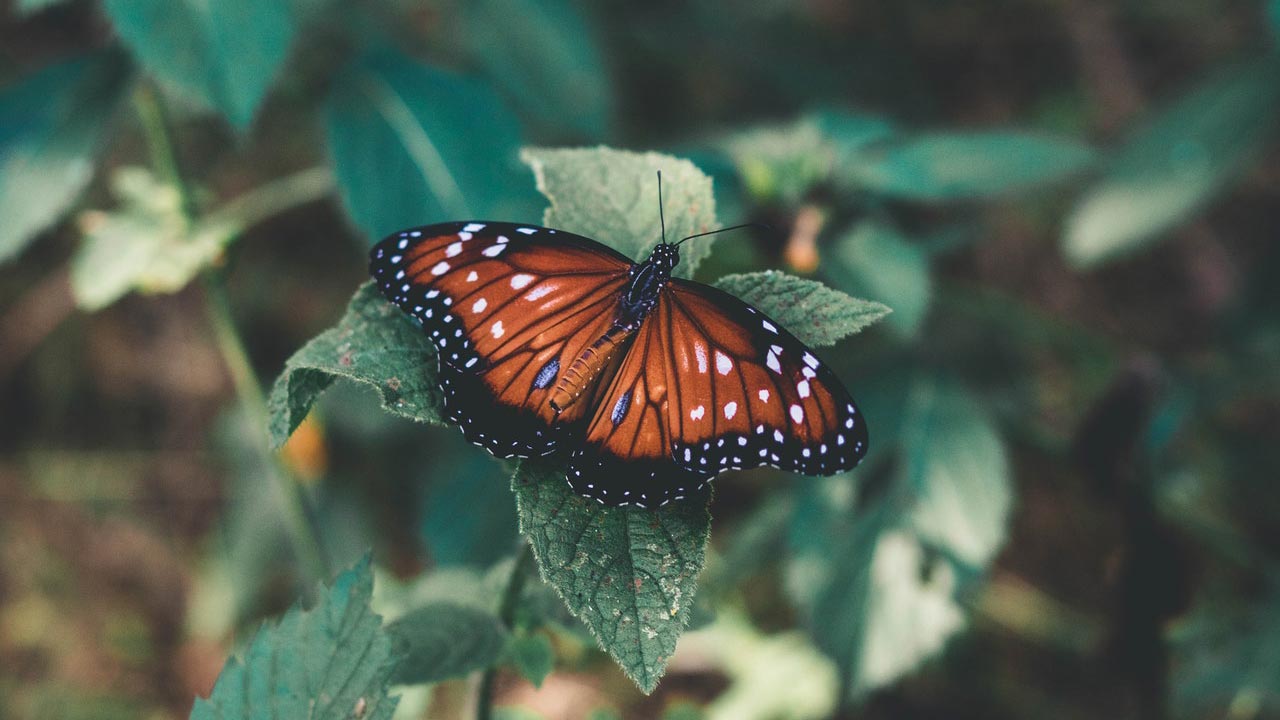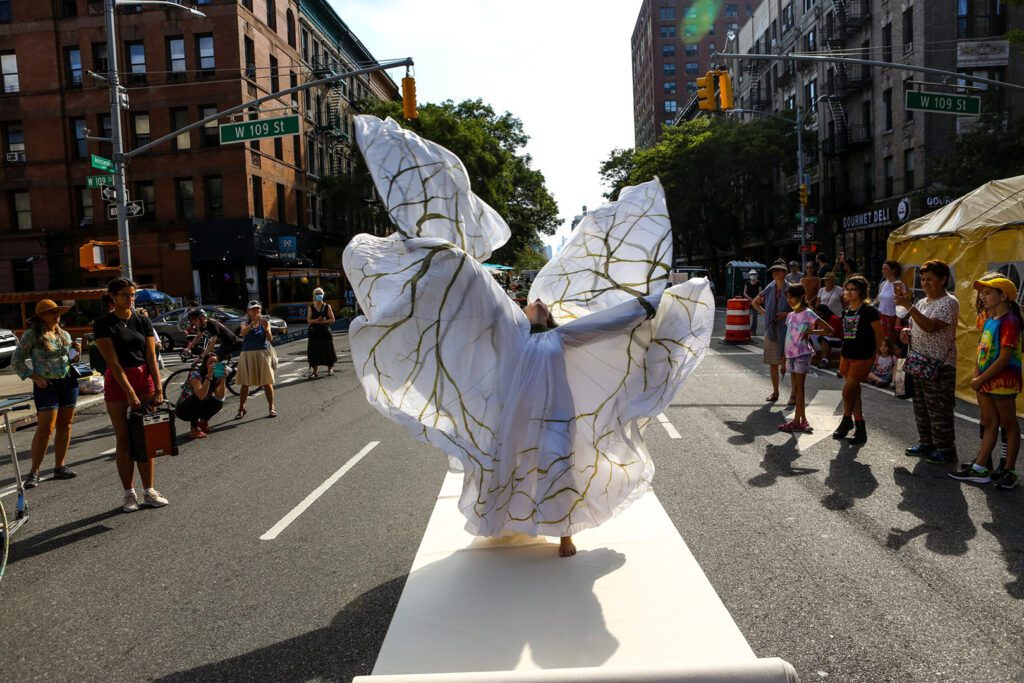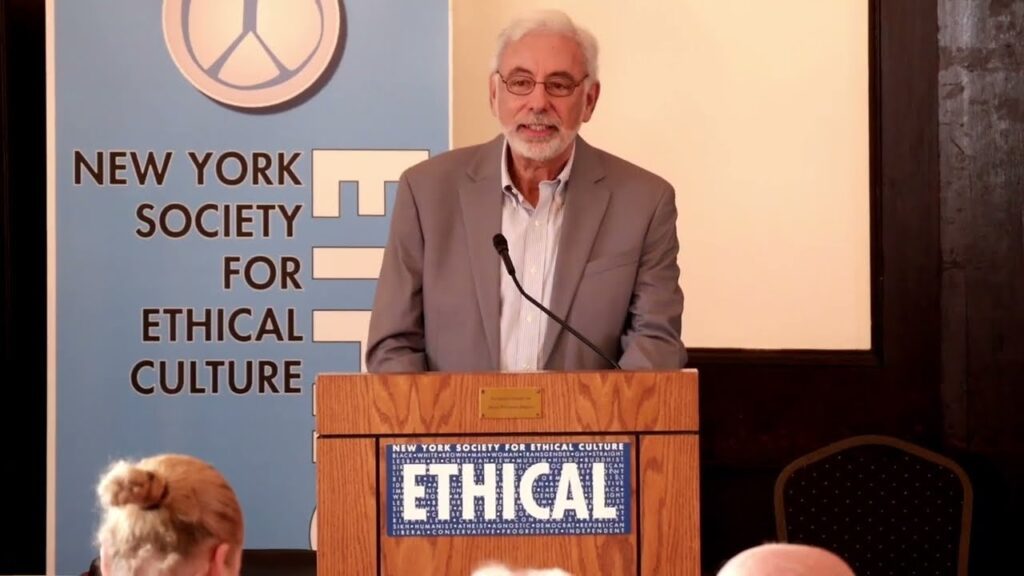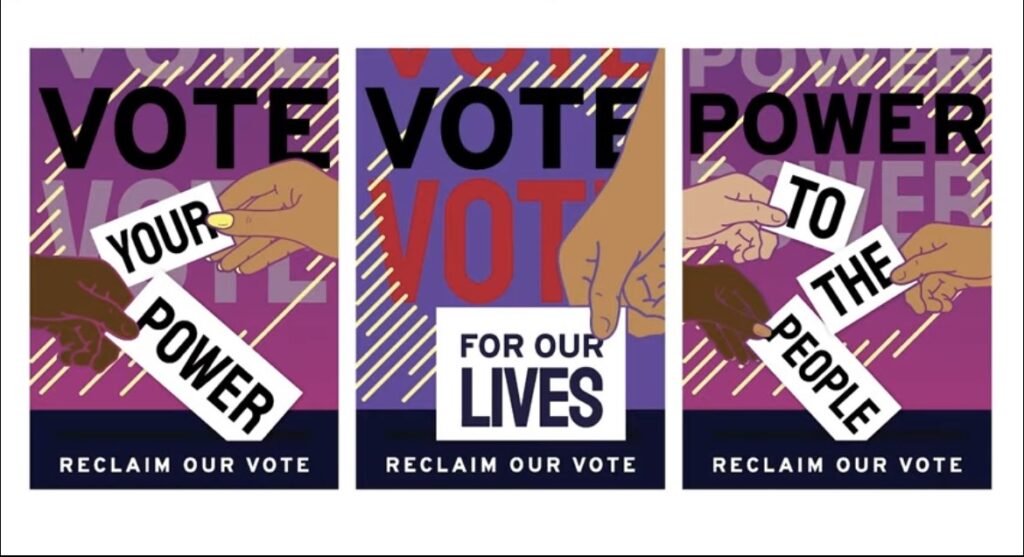
We are living in liminal times; caught in a moment between what used to be and what is to become.
We want COVID to be over but it’s not. We want change to occur but we’re afraid of it. We long to be our best but hold onto what is familiar. We are creating something new, and yet we are the same community whose lineage dates back to 1876
We are in sacred times because since March 2020, we have been going beyond ourselves; we have been transforming what it means to be the New York Society for Ethical Culture.
In a sense, it’s like pre-COVID, we had been a caterpillar. A really pretty fuzzy caterpillar with lots of little legs that let us crawl over all sorts of things: trees, plants, the sidewalk. But over these past two-plus years, we have been in a chrysalis; we have had to go inward.
There are four stages in a butterfly’s life cycle. The first stage is the egg. The adult female butterfly lays eggs on a plant that will become the food for the hatching caterpillar. Eggs are very small. The second stage of life is the caterpillar. The caterpillar can grow up to 100x the size it was as an egg and new-born larva. During this part of the life cycle, the caterpillar splits and sheds its skin 4-5 times. The caterpillar is born with imaginal cells already in its body. There are imaginal cells for wings, for antennae, for different leg structures. The cells for the imago — the adult, typically winged, insect —are all there from the outset.
When a caterpillar spins a cocoon, it dissolves into this primordial ooze at the center of the chrysalis. And in this ooze, there are still caterpillar cells. And there are also those butterfly cells. The butterfly cells realize their time has come and they begin to rise up and multiply.
But what happens next is that the caterpillar cells try to fight them off; they think they’re being invaded. It’s very similar to a human body trying to fight off an organ transplant.
So, in this shaking quivering cocoon that we see, there is a great drama unfolding on the inside. The caterpillar cells are saying, “Danger, Danger, Will Robinson! Intruders!” And the butterfly cells are saying, “Trust me! Something beautiful is about to happen.” Fortunately for the most part, the butterfly cells finally win out and emerge from that chrysalis transformed. The DNA of the caterpillar, the chrysalis, and the butterfly are exactly the same — but a transformation has occurred.
Occasionally, however, you come across a chrysalis that is no longer quivering, and no butterfly emerges. In those rare cases, the caterpillar cells defended themselves against the butterfly cells.
I can imagine the last thought the caterpillar had was, “I won!” And then it died.
Now we are in the chrysalis. We want to resist the changes that
must happen if we are to emerge transformed on the other side.
Now we are in the chrysalis. We had been going along all this time with all of our busy feet, and feeling pretty cool about how we could crawl on just about any surface, and then, almost without warning, we found ourselves in a closed-in space. The temptation is be scared, to want to resist the changes that must happen if we are to emerge transformed on the other side.
We have to change the structure of what it means to be the Ethical Society of New York. We have to be willing to live into a new identity. Where we are right now is somewhere we’ve never been before in a primordial ooze of anxiety and fear and dread.
But here’s what we need to remember: We have had the means of transformation within us all along. When the first group of 100 or so folks gathered on May 15, 1876, to create the Society for Ethical Culture, they put within us imaginal cells for a time they could never have imagined. When the building was built in 1910, it was as a plant for us to hatch upon and to nourish us, And in the cornerstone were the imaginal cells for a technology they never dreamed could exist.
We look different today than we did then. We are different from who we were two years ago. But our DNA is exactly the same. What makes Ethical Culture, Ethical Culture hasn’t changed one iota. And the genetic make-up of our community has never been the building. It’s never even been the ability to physically gather. It’s always been about what Stephen Elliot writes in the introduction to Cheryl Strayed’s book, Tiny Beautiful Things: Advice on Love and Life from Dear Sugar: “attention is the first and final act of love, and that the ultimate dwindling resource in the human arrangement isn’t cheap oil or potable water or even common sense, but mercy.”
What makes Ethical Culture, Ethical Culture isn’t the structure of how we look on the outside—our committees, and task forces, and by-laws, our building. It’s who we are on the inside. And who we are on the inside is love, is mercy, is caring and compassion.
What makes Ethical Culture, Ethical Culture…is who we are on the inside.
So we’re socially distancing, but aren’t we still reaching out to one another? We’ve been cocooned in our homes, but don’t we still feel the love of one another?
In some ways, I think we needed the pandemic to happen so that we could remember that the important stuff isn’t what’s out there—the beaches, the clubs, the theaters, the gyms, the corporate structure of the society. The important stuff is what’s in here, in our hearts, in how we treat one another, how we show up for one another, how we come together to embody the values of Ethical Culture.
In the Tiny Beautiful Things Introduction, Stephen Elliot went on to write, “I happen to believe that America is dying of loneliness, that we, as a people, have bought into the false dream of convenience, and turned away from a deep engagement with our internal lives—those fountains of inconvenient feeling—and toward the frantic enticements of what our friends in the Greed Business call the Free Market. We’re hurtling through time and space and information faster and faster, seeking that network connection. But at the same time we’re falling away from our families and our neighbors and ourselves. We ego-surf and update our status and brush up on which celebrities are ruining themselves, and how. But the cure won’t stick.”
As caterpillars, we crawled all over that stuff. We had our feet in all sorts of pies designed to keep us from this cocoon. But here we are and we’re learning something about ourselves. We’re learning that we’re stronger than we realized. We’re learning that it can be scary to be cut off from the fuzzy caterpillar world that we knew. It can be scary to feel something want to change us, to transform us.
We like the way we look now; we like the way we move about on our many tiny feet. It’s easy to recognize ourselves in this identity. Some of us can’t even imagine Ethical Culture looking any differently than it does now.
We are in this together, in the midst of a great metamorphosis.
I encourage you to feel the fear and anxiety but to not empower those feelings to be caterpillar cells fighting against transformation. Breathe into this moment, every moment of every day. Feel for the imaginal cells of wings that have been within you and us all along.
Remember these words from the Desiderata, “And whether or not it is clear to you, no doubt the universe is unfolding as it should. Therefore, be at peace with God, whatever you conceive god to be. And whatever your labors and aspirations, in the noisy confusion of life, keep peace in your soul. With all its sham, drudgery, and broken dreams, it is still a beautiful world.”
And, as Rosemerry Wahtola Trommer wrote in a poem about the beginning days of the pandemic:
And as everything
I thought I knew
slid over the escarpments
of comprehension,
how clear it all became.
What really matters.
How we’re all in this together.
We are in this together,
Together we will be changed
Together we will emerge from this time
Ready to take wing to the sky
And fly.
We are living in liminal times; caught in a moment between what used to be and what is to become. We are in the midst of a great metamorphosis. What we have been was beautiful; what we are to be is transformative, for ourselves, our communities, and the world.







